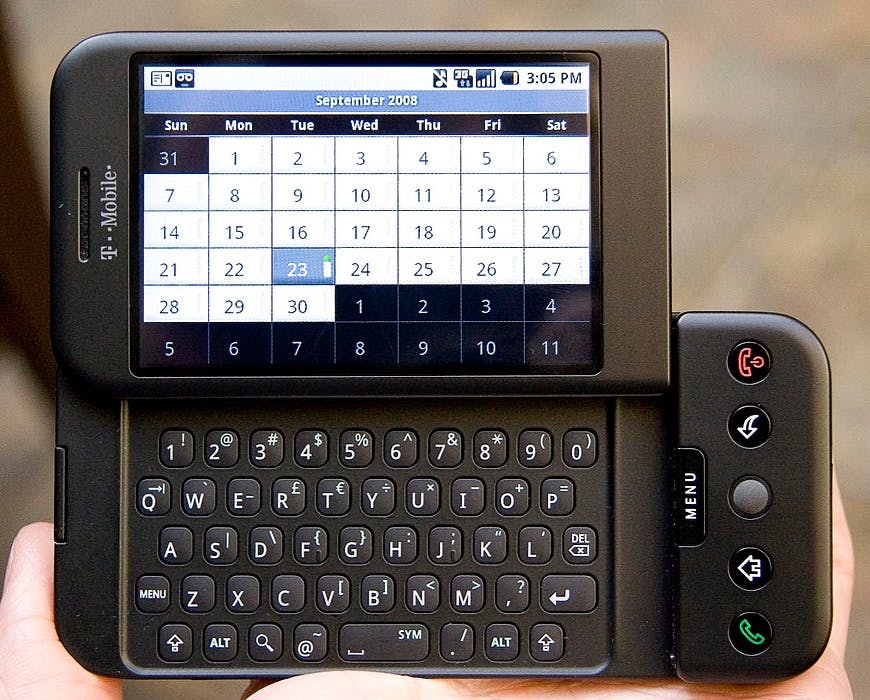409 reads
Don’t write Android apps like it’s 2009!
by
December 11th, 2019
Android Pro, built million-downloads app, YC alumni. I write about Machine Learning and Mobile.
About Author
Android Pro, built million-downloads app, YC alumni. I write about Machine Learning and Mobile.
Comments
TOPICS
Related Stories
Java bits: 0xFF and 0xFFL
Oct 31, 2017
10 good rules for bad App
Apr 03, 2016
